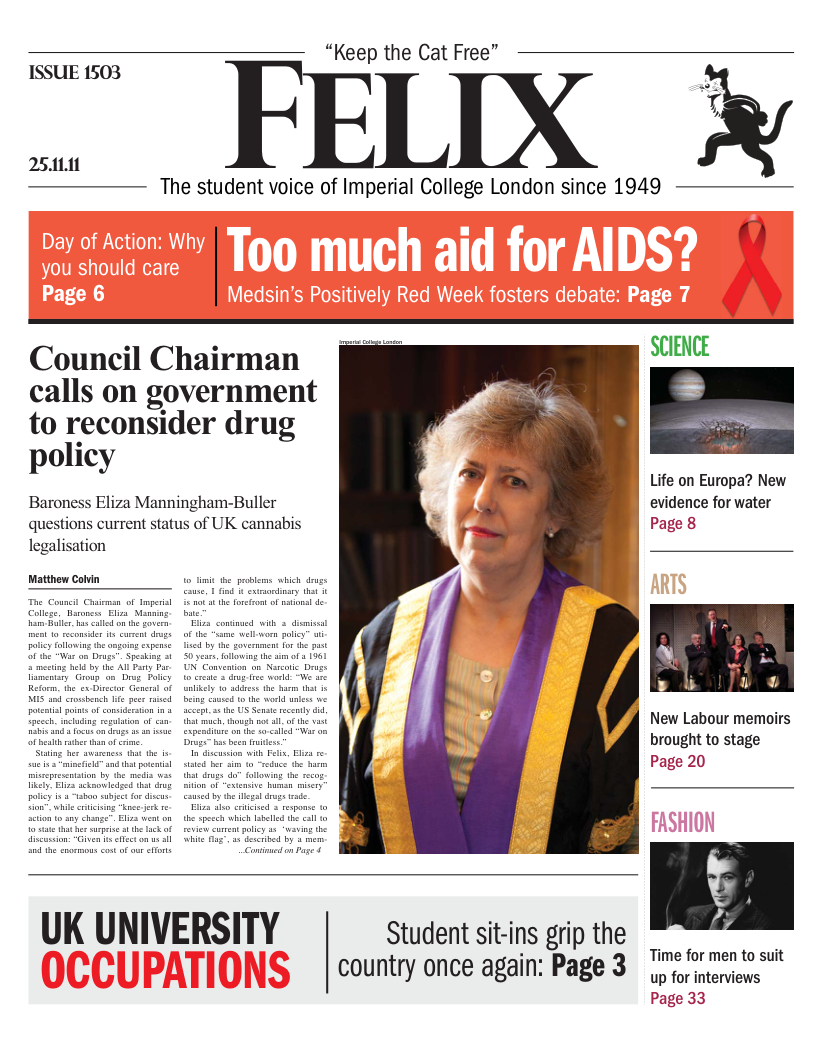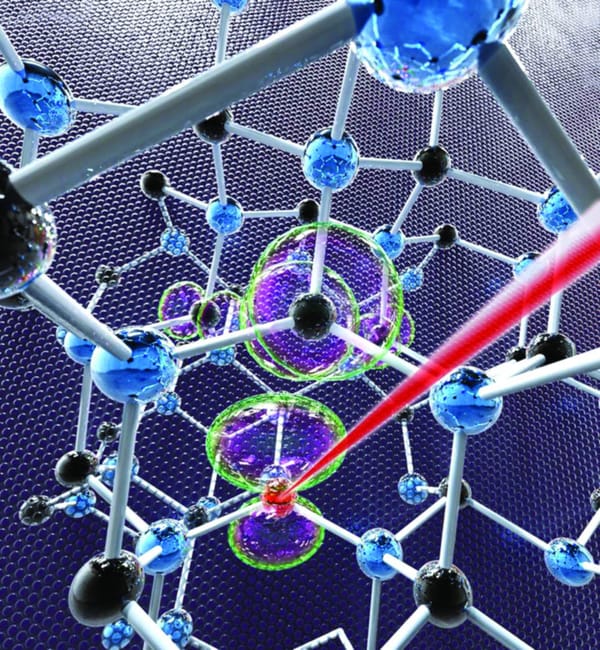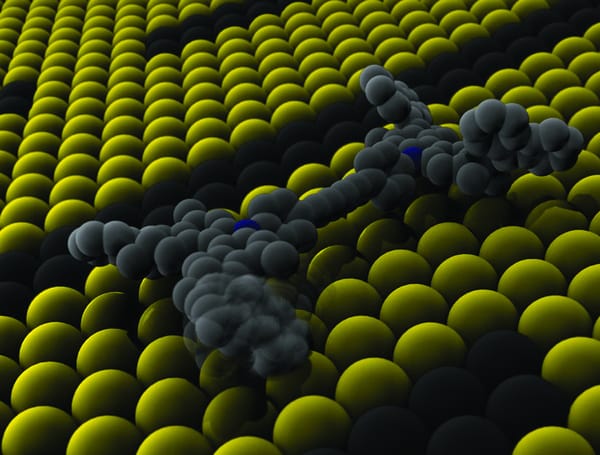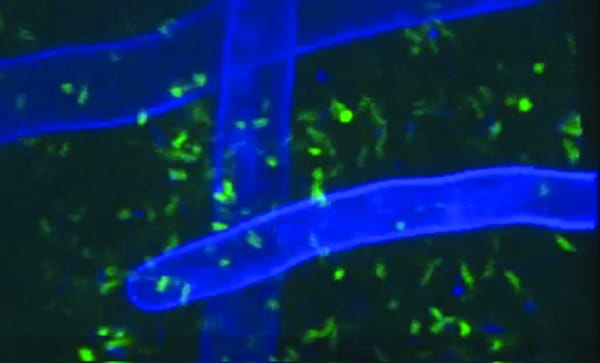Particles from thin air
Photons pulled out of vacuum thanks to quantum mechanics
40 years ago, physicists Hendrik Casimir and Dirk Polder, proposed that empty space wasn’t really empty. This may seem counterintuitive, but the answer lies in quantum mechanics. Quantum mechanics tells us is that a vacuum cannot have zero energy. It is actually a sea of virtual particles, usually photons, which exist for infinitesimal amounts of time and cannot be observed on the scale at which we live.
We may not be able to see these particles, but we can see their effects. Casimir and Polder’s theory postulated that if you place two metal plates a small distance apart, so that more particles exist on the outside of the plates than within, the overall effect would be a net attractive force, pulling the plates together. The force would only be noticeable when the plates have velocities comparable to the speed of light and is therefore difficult to prove. Though theoretical, the Casimir Effect has since been used to explain attraction of nanoscale electrical components.
Now, researchers have gone one step further. Chris Wilson from Chalmers University of Technology in Gothenburg, Sweden, and his colleagues were able to pull photons out of the vacuum in a process called the dynamical Casimir effect. Wilson says: “It was a difficult technical experiment. We were very happy when it worked.”
The researchers used a superconducting electrical circuit and oscillator that rapidly alters the distance an electron must travel through the circuit. The electron’s movement is determined by the location at which the circuit’s electric field falls to zero. The team used a superconducting quantum interference device to control the circuit’s characteristics.
The dynamics of the electron were altered and the team was able to change the distance from the electron to the zero-field location so quickly that the electron appeared to move at a quarter of the speed of light. This seemed to give the electron enough energy to transfer to the virtual photon, allowing it to become real and be emitted by the circuit. “Particles were produced in pairs, coming right out of the vacuum,” Wilson says.
Göran Johansson, Associate Professor of Theoretical Physics, explains: “Relatively little energy is therefore required in order to excite them out of their virtual state. In principle, one could also create other particles from vacuum, such as electrons or protons, but that would require a lot more energy.” Another interesting effect is that the photons materialise is pairs, and research into explaining why is still ongoing.
The significance of this breakthrough is sure to soon become apparent.









